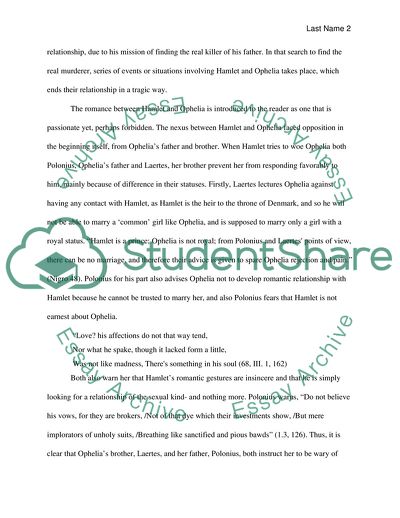Cite this document
(The Nexus Between Hamlet and Ophelia Coursework, n.d.)
The Nexus Between Hamlet and Ophelia Coursework. https://studentshare.org/literature/1823659-hamlet
The Nexus Between Hamlet and Ophelia Coursework. https://studentshare.org/literature/1823659-hamlet
(The Nexus Between Hamlet and Ophelia Coursework)
The Nexus Between Hamlet and Ophelia Coursework. https://studentshare.org/literature/1823659-hamlet.
The Nexus Between Hamlet and Ophelia Coursework. https://studentshare.org/literature/1823659-hamlet.
“The Nexus Between Hamlet and Ophelia Coursework”. https://studentshare.org/literature/1823659-hamlet.


